Taking down the gong hanging in the corner of the stilt house and performing a few tunes for us, Mr. Ho Du (born in 1962), a Bru - Van Kieu ethnic group, currently residing in Tan Ly village, Kim Ngan commune, confided: My family (my) originally came from Quang Tri province (old). During the years of resistance against the French colonialists and the American imperialists, my grandfather and father migrated to this land to take refuge and settled there until today. When he left, my grandfather brought with him a very valuable gong. He said that in his time, if anyone owned a set of gongs, they were considered to be a well-off household in the village and the gong that my family currently owns is over 200 years old.
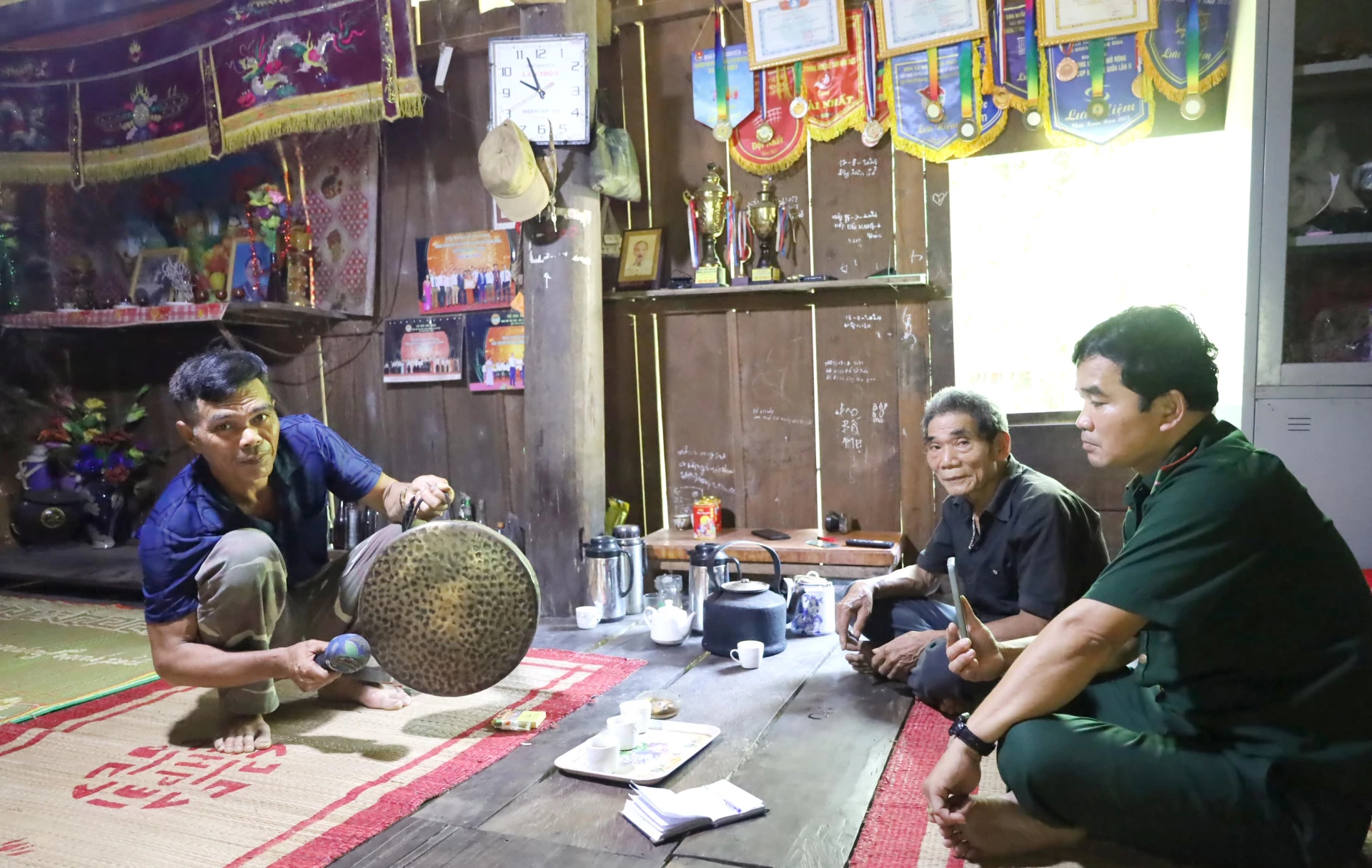 |
| Mr. Ho Du talks about his family's gong - Photo: VM |
Nowadays, gongs are sold in many places, but in terms of materials and value, they are far inferior to those produced in ancient times. The Bru - Van Kieu people who are knowledgeable about gongs can guess the age and value of this "treasure" just by looking at the color. Currently, in the whole Tan Ly village, only Mieng's family and Mr. Ho Truoi's family own 2 sets of gongs, other villages in Lam Thuy commune (old) almost do not have them. Therefore, whenever a village or family around here has a funeral, death anniversary, wedding, or new rice celebration, they all come to Mieng's family and Ho Truoi to rent gongs to use and pay for it. It can be said that the "sacred sound" of gongs has permeated the blood and flesh of the Bru - Van Kieu people and has become a "treasure" imbued with the cultural identity of the people, and it is difficult for any musical instrument to replace it...
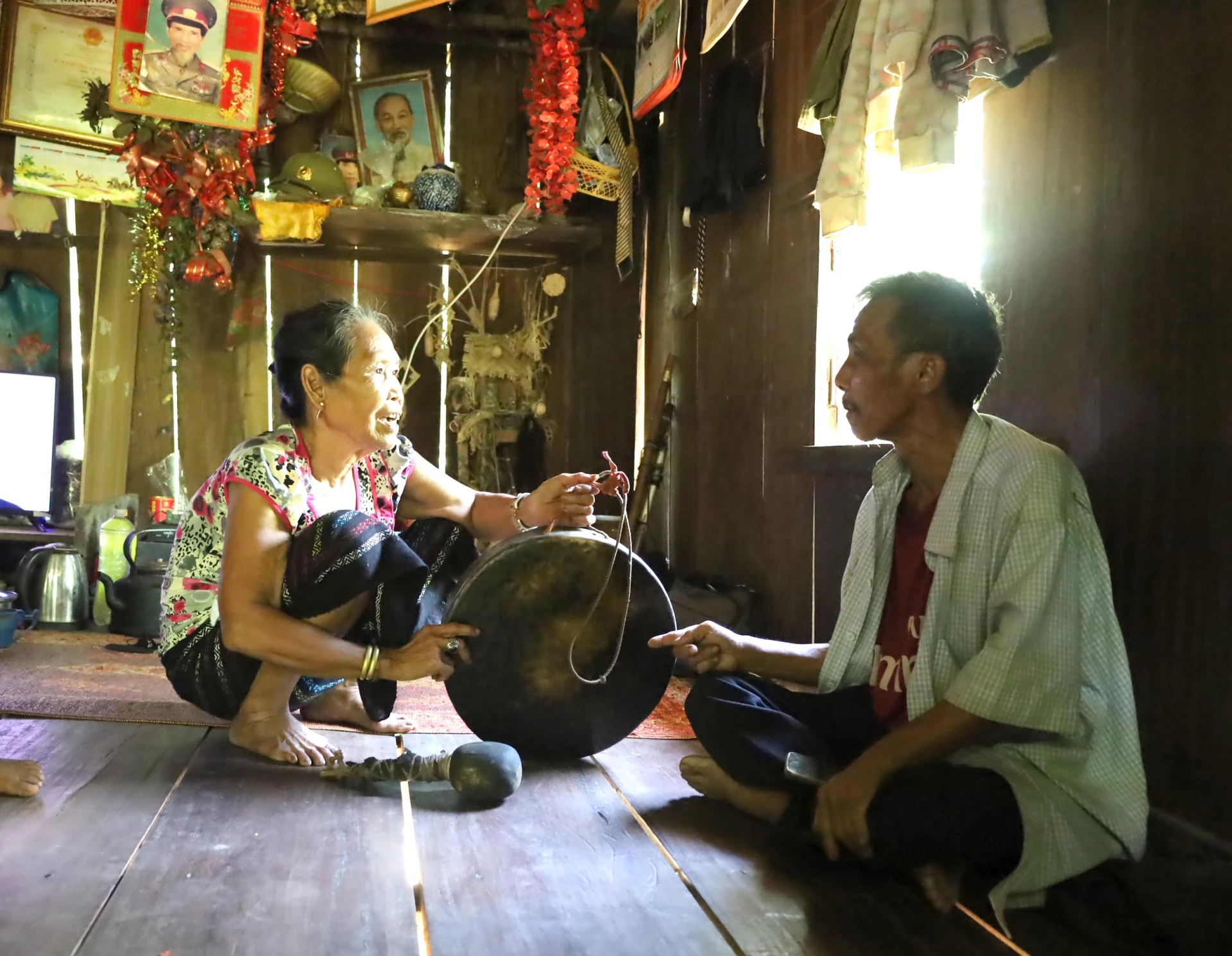 |
| The gong of Mr. Ho Truoi's family, in Tan Ly village, Kim Ngan commune - Photo: VM |
Holding the gong of Mr. Ho Du, village elder Ho Via (born in 1949), a prestigious person in Tan Ly village, Kim Ngan commune, knocked, stroked, and pressed each finger on the gong to force this metal to emit alternating high and low rhythms, sometimes urgent, sometimes chirping..., then explained in detail: The gong without a knob in the middle is often called a cymbal by the Bru - Van Kieu people here. This instrument can emit "sacred sounds" to replace the voice of the Bru - Van Kieu people. In particular, the "sacred sounds" of the gong are also a bridge of communication between the living and the gods and deceased ancestors... Through the sound of the gong, the Bru - Van Kieu people here can recognize whether there is something happy or sad so they can come to share and congratulate without needing an invitation from the homeowner. You see, most of the villages around here have relationships between brothers, relatives, and in-laws. Since ancient times, due to the lack of electricity, phone signals, motorbikes, and difficult and dangerous roads, when the sound of gongs rang out, we, the Bru - Van Kieu people, "tacitly assumed" that this was an invitation from the homeowner to come. Therefore, the sound of gongs cannot be played haphazardly, but must be used at important moments.
"In the past, my family also had a set of precious gongs, which must have been over a hundred years old. Unfortunately, after my father married another woman in Huong Hoa district (formerly Quang Tri province), he took the precious gong with him to leave it to the bride's family... Now my family no longer has gongs, but I still tell my eldest son that when he becomes prosperous, he should save money to buy a set of gongs as a dowry for his children in the family...", old man Ho Via shared more.
It is known that in recent years, many good traditional cultural values of the Bru - Van Kieu people in Kim Ngan commune have been preserved and restored to arouse and maintain the unique cultural values of the people. For example, musical instruments include gongs, cymbals, flutes, pi flutes, tin tung zithers, amam trumpets, and drums. Closely combined with the above musical instruments are folk melodies such as Xieng oát, Ta ai, Xa not, Roai troong, A den..., which have created the traditional quintessence that the ancestors of the Bru - Van Kieu people left for their descendants, which need to be preserved.
Mr. Dang Van Duong, Chairman of Kim Ngan Commune People's Committee said: "In the coming time, Kim Ngan Commune will continue to pay attention to preserving and promoting the good traditional cultural values of ethnic groups, especially the Bru - Van Kieu people, closely associated with the development of community-based eco-tourism and culture. In particular, the locality will gradually strengthen propaganda and dissemination of bad customs and superstitions so that people can join hands to eliminate them, gradually changing the appearance of villages and hamlets towards civilization and modernity, promoting the quintessence of each ethnic group...".
Civilized
Source: https://baoquangtri.vn/van-hoa/202509/am-thieng-noi-dai-ngan-tan-ly-d7142a0/





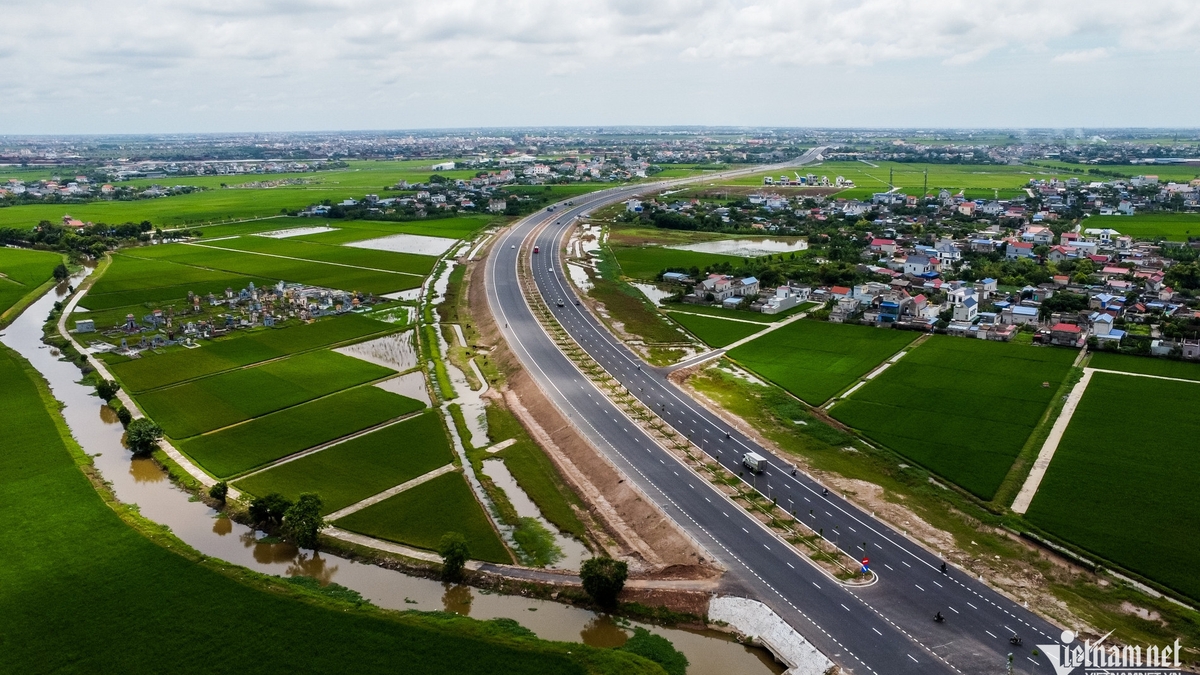
![[Photo] Thac Ba Lake: Towards an international-class tourism, resort and cultural center by 2040](https://vphoto.vietnam.vn/thumb/1200x675/vietnam/resource/IMAGE/2025/9/13/0b11d0413f6543bca27a358281f62e5e)
![[Photo] Launching Ceremony of the Specialized Electronic Information Page of the Communist Party of Vietnam - 14th Congress](https://vphoto.vietnam.vn/thumb/1200x675/vietnam/resource/IMAGE/2025/9/12/4c1b894be2ea4e3daccfd8c038b6fb46)
![[Photo] General Secretary To Lam attends the launching ceremony of the website of the Communist Party of Vietnam - 14th National Congress](https://vphoto.vietnam.vn/thumb/1200x675/vietnam/resource/IMAGE/2025/9/12/0d4fce7dbce2409cb3c03c21fdf3c3b5)






















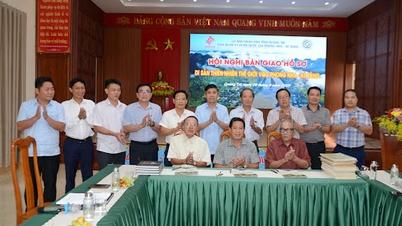















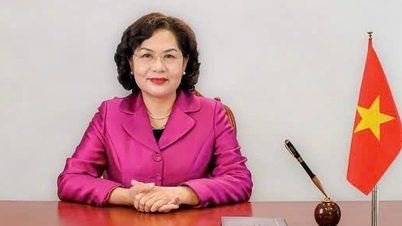




















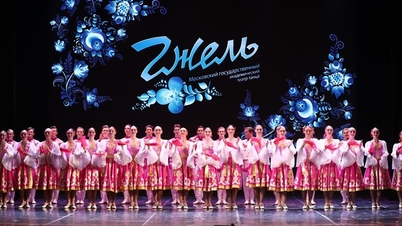



























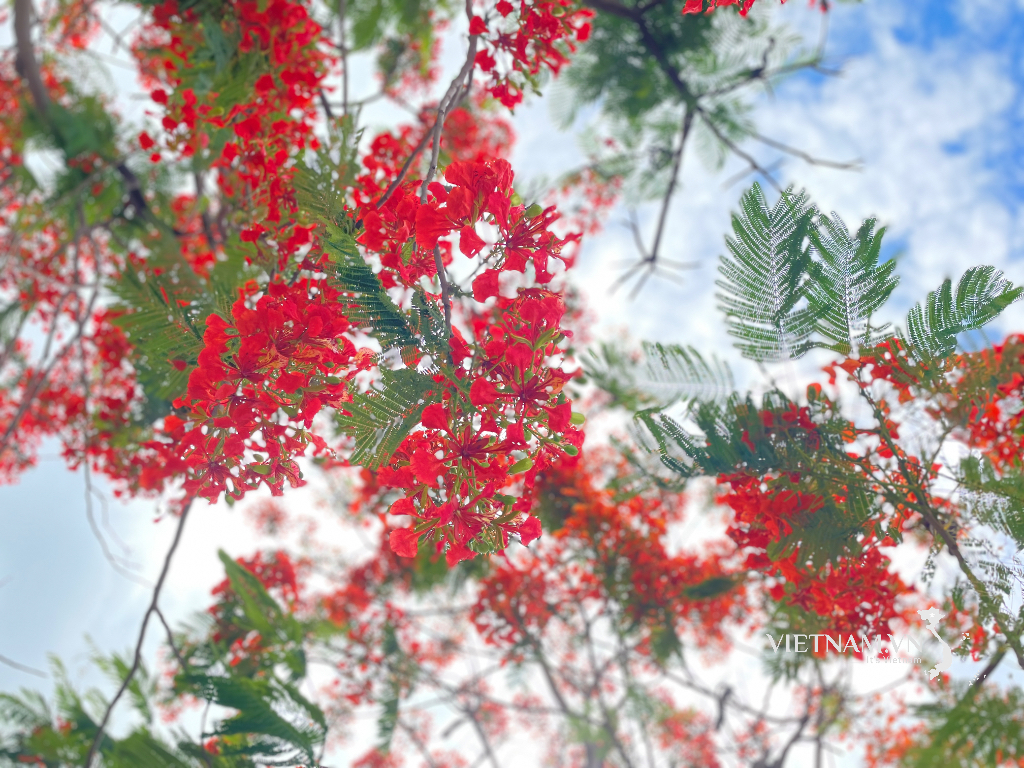
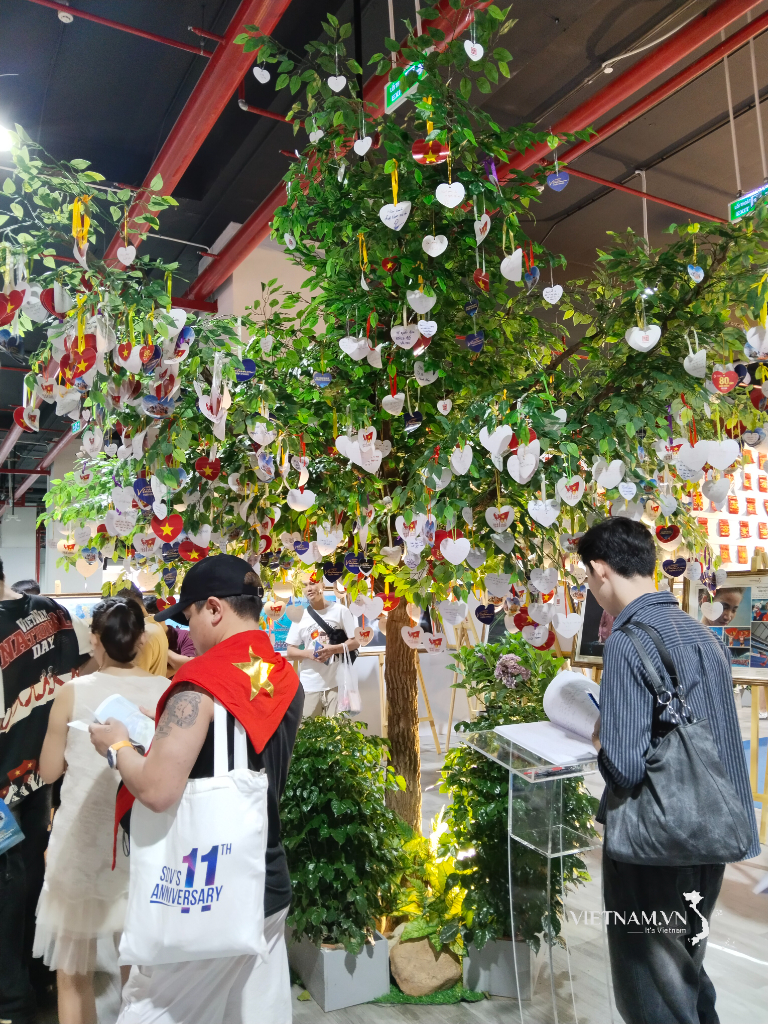
Comment (0)